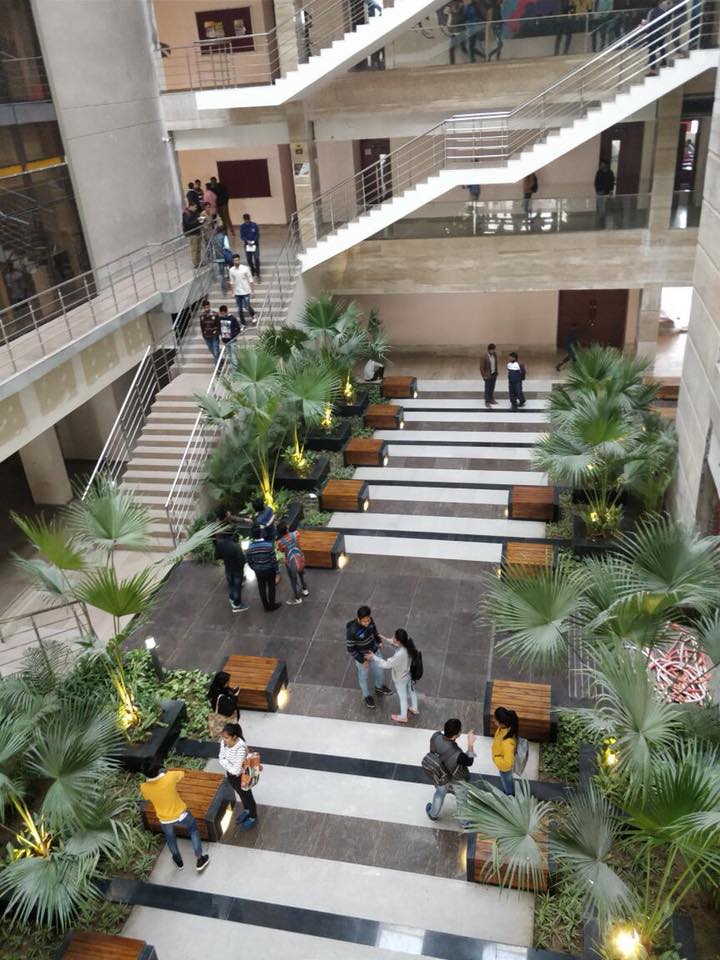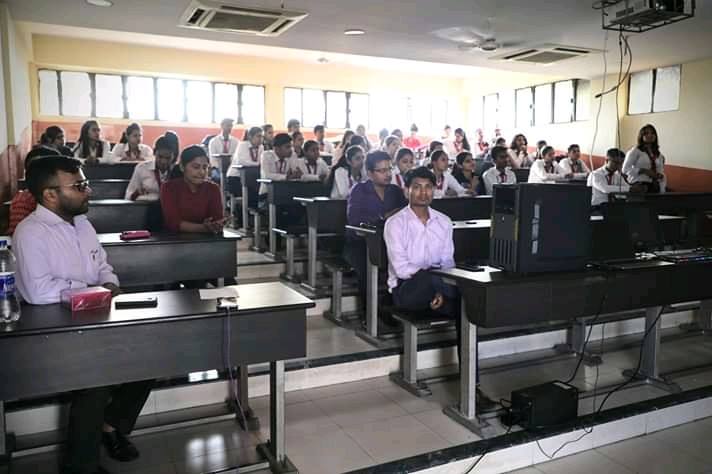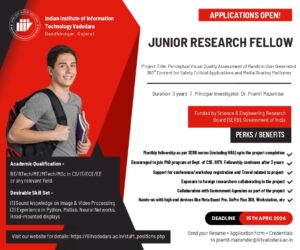London/Mumbai: The world is at the inflection point where the progress of artificial intelligence (AI) is set to take centre stage. AI will become a critical part of the economy as breakthroughs in deep learning have dramatically improved computer vision, natural language processing (NLP) and robotic motion systems.
Frost & Sullivan’s flagship Growth, Innovation and Leadership event – GIL 2016: Europe – held in London recently and titled “The Cognitive Era – Transforming the Future Global Economy”, concluded that IoT, AI and Blockchain are all transformative in their own right. Frost & Sullivan thought leaders and some key industry experts commented that the Internet of Things cannot reach its potential without artificial intelligence, and artificial intelligence can only become a reality by accessing the data generated from the Internet of Things.
Frost & Sullivan’s Senior Partner and Managing Director Sarwant Singh commented: “Since industrialisation, we have seen the driving forces shift from steam power to electricity to the communications realm which segued into the world of internet. The Internet is currently the utility that is powering businesses globally. As we shift to the Internet of Things, data is emerging as the new oil, creating more context than ever before on how our surroundings behave. This, I believe, is setting the stage for the utility of the 21st century: cognitive intelligence which will accelerate innovation for years to come.”
Frost & Sullivan’s event presented experts’ views on how cognitive intelligence could manifest itself in future products, solutions and markets; in fact, most distinguished speakers suggested that it would be a key differentiator.
Commenting on equation between machines and work, Nina Bjornstad, Country Manager of Google for Work (UK & Ireland) said that cognitive computing will make work environment more flexible and productive. Machines should be intuitive enough to improve productivity at work by reducing time spent on mechanical tasks and shifting the focus to core jobs. This will improve total time and energy spent on business and, consequently, the success of customers. Collaboration is making teams more efficient and impactful; intuitive apps are driving this change, Nina added.
The Digital Transformation which started in the mid-1980s has enabled many improvements in the manufacturing and product development processes. In manufacturing factories, great improvements in Safety, Quality and Productivity have been achieved. This transformation has enabled products to be developed and launched faster, and factories to be changed over in record times of 24 days as opposed to three months previously, said John Fleming Former Executive Vice president, Global Manufacturing and Labour Affairs, Ford Motor Company.








